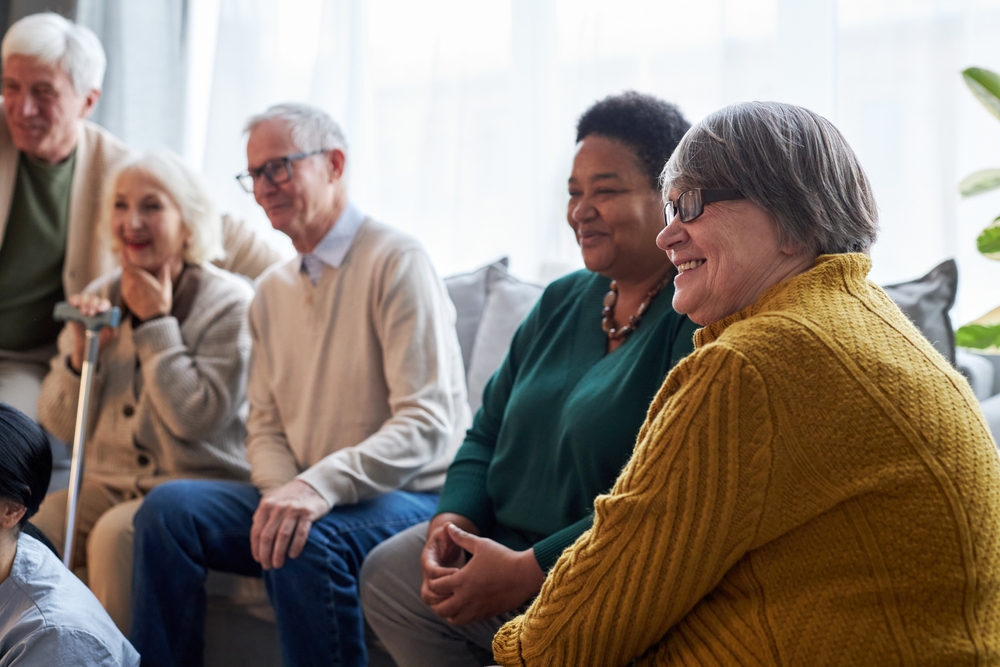Loss of Smell in Elderly Adults: Does Sense of Smell Diminish?
Category:

“Stop and smell the roses” and “Wake up and smell the coffee” are two phrases that the silent generation (those born between 1925 and 1945) and the baby boomer generation (born between 1945 and 1964) grew up with.
Do you remember the joy of bending over a rose bush to breathe in the wonderful aroma of the first rose of summer? How about waking up in the morning to the smell of fresh coffee in the percolator wafting throughout the house?
If it seems the coffee is getting weaker, or the roses aren’t as fragrant as they used to be, you may be experiencing a condition called anosmia, which is a partial or complete loss of smell.
A declining sense of smell can snuff out these simple pleasures and leave you with some worrisome questions.
- Why does the sense of smell diminish with age?
- Is the loss of smell in older adults common?
- How does your sense of smell change as you age?
- How to sharpen your sense of smell?
There are physical changes that occur as we age, such as aching joints, sore muscles, dry skin, and a slower metabolism. Although there are well-documented reasons for these changes, many people accept them as an inevitable part of the aging process. Some of the changes can be minimized by taking care of our bodies and making some simple lifestyle changes.
Many elderly adults join exercise or dance classes to work on their sore joints and try to eat healthy, well-balanced meals to help stimulate the metabolism. We can purchase lotions, body creams, and products to stay hydrated to help our skin look and feel better.
But what about the subtle fading of our sense of smell? Does your sense of smell decrease with age and if so, is there anything we can do about it? The sense of smell isn’t something we think about until we notice we’re losing it.
Does your sense of smell change as you get older?
While some loss of smell and taste can be attributed to advancing age, there may be other reasons for it. Since taste and smell are closely related, if the sense of smell weakens, our food may taste bland and unappetizing, so it’s important to talk to your doctor if you notice a diminished sense of smell. Some of the reasons for it can be fixed with treatment.
Some reasons for a declining sense of smell are listed here:
- Facial injuries
- Sinus and allergy problems
- Nasal polyps
- Viral infections such as the flu and common cold
- Covid-19
- Medications such as Beta-Blockers and ACE inhibitors
- Oral and dental problems
- Cigarette smoking
- Alzheimer’s Disease
- Parkinson’s Disease
- Radiation to the head or neck
Download Our Healthy Aging Diet Guide
If you are experiencing a loss of the sense of smell, you should see your health care professional or an ear, nose, and throat specialist to address the problem. He may have tips for how to sharpen your sense of smell.
In most cases, many of the conditions listed above can be treated with medications or other therapies that can be helpful.
Although aging can play a role in the loss of smell and taste, don’t rule out checking with your doctor to be sure there isn’t another reason for your concern. Your quality of life could be improved with something as simple as a medication to treat your allergies or the removal of a nasal polyp.
For more information on the loss of smell, Click here.
Subscribe
Date: 2022-08-16
Category:


